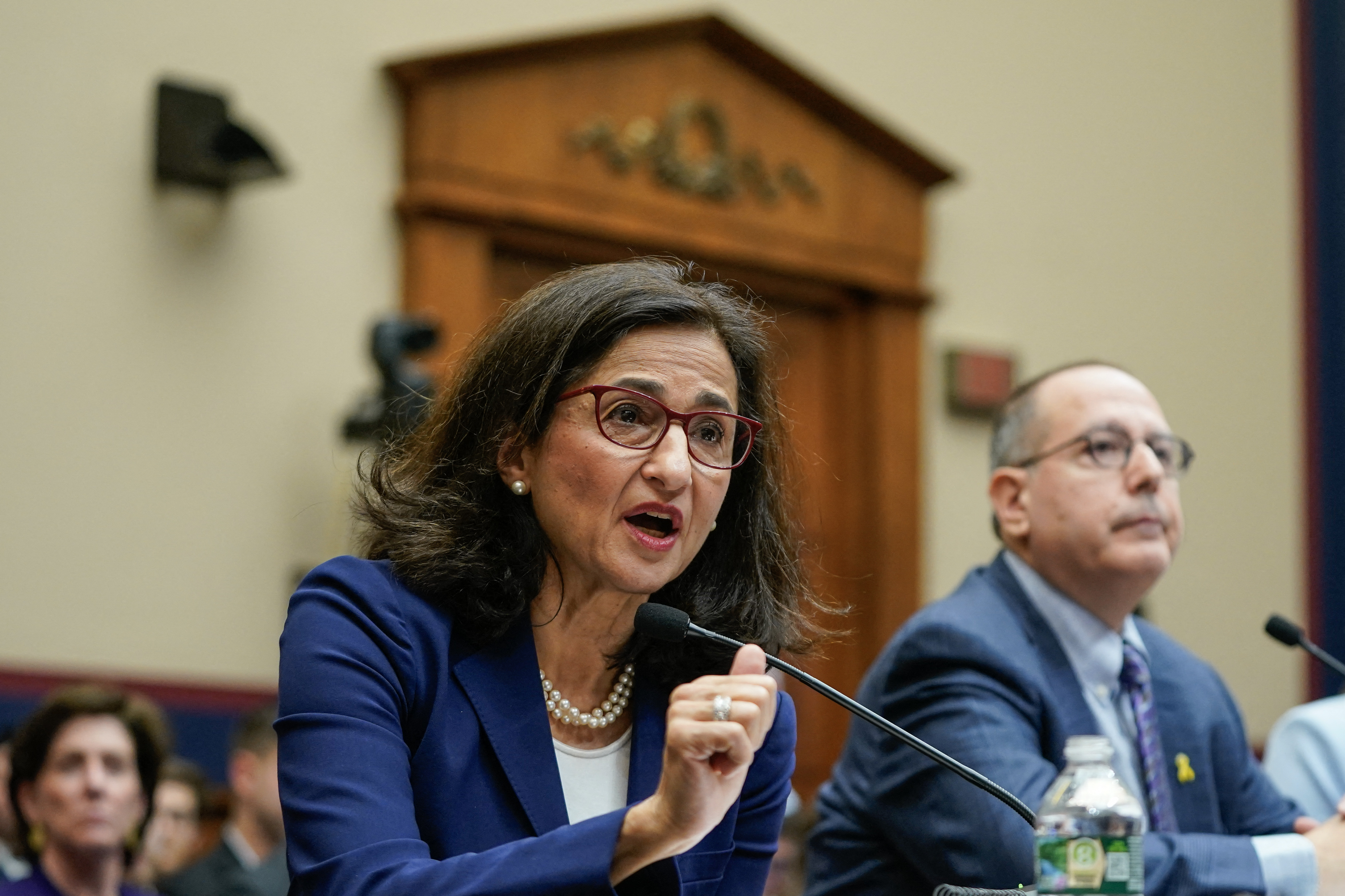
What to Know
- The family of a New York inmate who killed himself at an upstate prison is suing over his death, saying officials beat the man and ignored warning signs that put him at a heightened suicide risk
- Dante Taylor killed himself in an infirmary cell at Wende Correctional Facility in October 2017
- The lawsuit, filed in federal court Monday, argues the 22-year-old's death was avoidable and says officials “recklessly and callously” failed to set up proper suicide prevention efforts
The family of a New York inmate who killed himself at an upstate prison is suing over his death, saying officials beat the man and ignored warning signs that put him at a heightened suicide risk.
Dante Taylor killed himself in an infirmary cell at Wende Correctional Facility in October 2017. The lawsuit, filed in federal court Monday, argues the 22-year-old's death was avoidable and says officials “recklessly and callously” failed to set up proper suicide prevention efforts.
Taylor's life-without-parole sentence followed his conviction in the 2014 murder of Sarah Goode, a 21-year-old woman who disappeared after attending a party and was found dead in a wooded area days later.
Police and prosecutorial misconduct had tarnished the case against Taylor. That included a judge sanctioning the prosecution for not disclosing evidence, including a series of tips that pointed to other potential suspects.
The lawsuit argues that a variety of factors put Taylor at an increased risk of killing himself, including a history of suicide attempts and a breakup with his wife. But, according to the litigation, officials did not increase support or monitoring for Taylor.
"Had Defendants met their basic constitutional duties, Mr. Taylor would still be alive today," the lawsuit argues. “He would be able to maintain relationships with his family and friends, pursue his intended legal appeals to his conviction, and contribute to society going forward in whatever manner was possible.”
News
The state's prison agency, the Department of Corrections and Community Supervision, declined to comment on specifics of the litigation.



